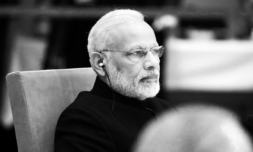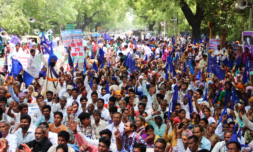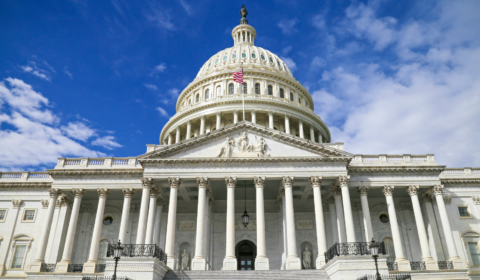In a groundbreaking move, Bangladesh has opened its first mosque specifically for the hijra, or transgender, community, offering a sanctuary where they can practice their faith without fear of discrimination.
The Dakshin Char Kalibari Masjid, located in the northern city of Mymensingh, stands as a testament to the resilience and determination of the hijra community.
Funded through community donations and built on government-provided land, the single-room mosque with a tin roof is humble on the eye yet represents a significant milestone in the struggle for equal rights and acceptance in India.
‘From now on, no one can deny a hijra from praying in our mosque,’ said Joyita Tonu, a community leader, with a sense of pride and relief. The creation of this safe space comes after hijra worshippers were previously expelled from the local community mosque, facing the painful reality of being ostracized from places of worship.
The mosque’s imam, Abdul Motaleb, 65, echoed this sentiment, stating, ‘They are like any other people created by Allah. We all are human beings. Maybe some are men, some are women, but all are human. Allah revealed the Holy Quran for all, so everyone has the right to pray.’
Challenging societal barriers
Bangladesh’s recognition of the hijra community as a ‘third gender’ in 2013 was a significant step forward, but the journey towards true equality remains arduous.
Hijras still face widespread discrimination, lacking basic rights such as property ownership and marriage. They also struggle to find employment, and the most desperate among the community have resorted to begging or sex work to make ends meet.
‘People would tell us: “Why are you hijra people here at the mosques? You should pray at home. Don’t come to the mosques,'” shared Sonia, a 42-year-old worshipper at the new mosque. ‘Now, this is our mosque. Now, no one can say no.’
The establishment of this inclusive space challenges the rigid societal norms and prejudices that have long marginalized the hijra community. It serves as a beacon of hope, not only for the individuals who can now freely practice their faith, but also for the broader societal shift towards acceptance and understanding.




















